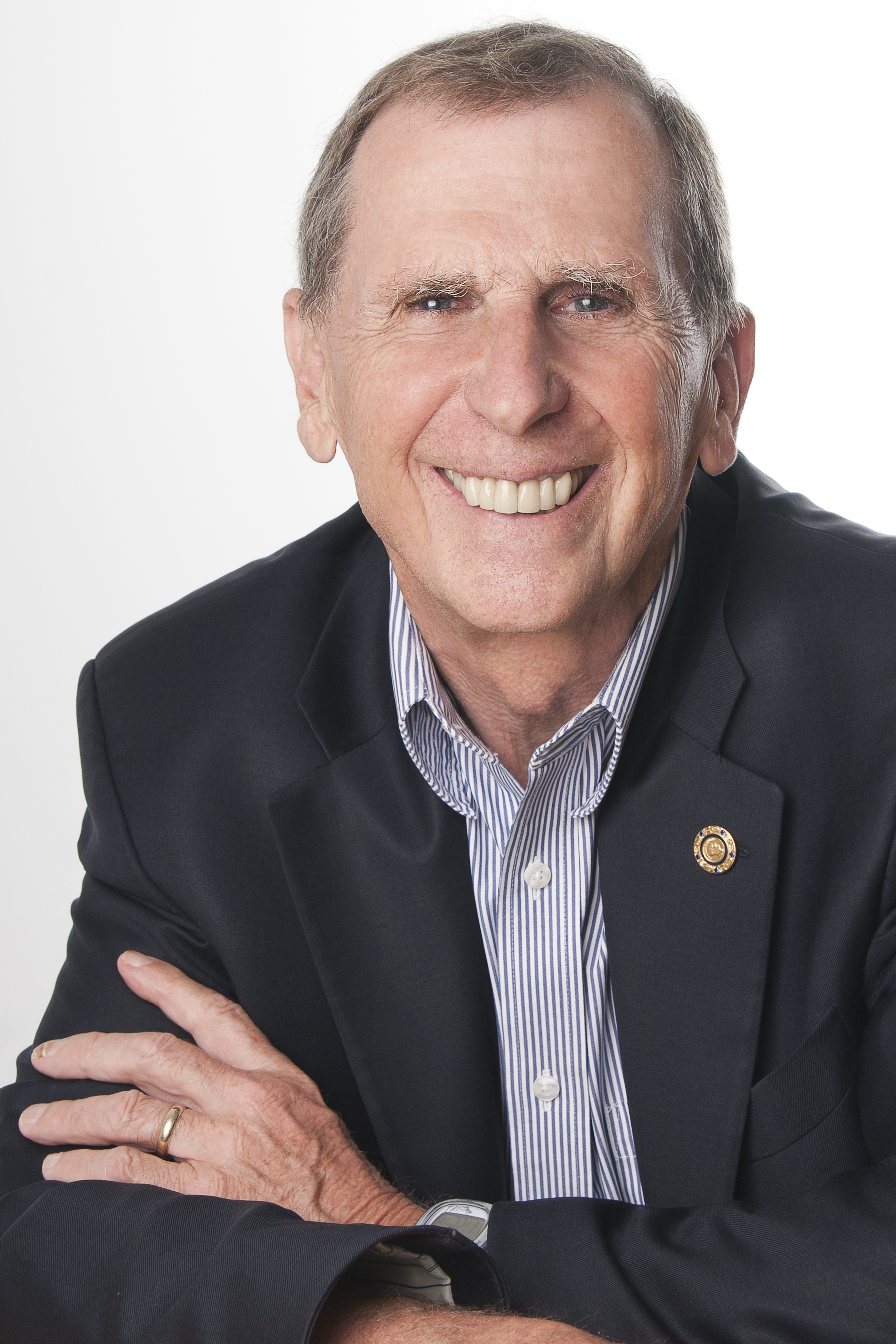- Home
- About Us
- The Team / Contact Us
- Books and Resources
- Privacy Policy
- Nonprofit Employer of Choice Award

 Everyone was crying inside the big, poorly-lit room in the village of Hope in Burkina Faso.1 Children being vaccinated against a multitude of diseases were shedding tears of fear. Their mothers were shedding tears of thanks, and those of us who were helping in the vaccination process were shedding tears of joy. It was an emotional scene, and many volunteers were moved by the realization that our provision of these vaccinations, at very little cost, would prevent illness and save the lives of many of the children.
Everyone was crying inside the big, poorly-lit room in the village of Hope in Burkina Faso.1 Children being vaccinated against a multitude of diseases were shedding tears of fear. Their mothers were shedding tears of thanks, and those of us who were helping in the vaccination process were shedding tears of joy. It was an emotional scene, and many volunteers were moved by the realization that our provision of these vaccinations, at very little cost, would prevent illness and save the lives of many of the children.
Today, most of us in the developed world take vaccines for granted, but the arrival of COVID 19 vaccines was front and centre news, providing relief and hope—and sometimes concern—to people all over the world.
In 1798, an English surgeon Dr. Edward Jenner, developed the concept of vaccination and then created the world’s first vaccine for smallpox.2 At that time, smallpox, brought to the new world by European settlers, was killing millions of the Indigenous population of Canada and other Indigenous people throughout the new world. Jenner just wanted to save lives, and he was wildly successful; through his creation he likely saved more lives than anyone before in history. 160 years later, the World Health Organization (WHO) launched a program to eradicate smallpox, and by 1980 the job was done.
Since Jenner’s discovery, vaccines have been developed for more than 25 other diseases, including measles, chicken pox, influenza and hepatitis. While smallpox is the only one that has been eradicated by vaccination, polio is just a hair away. While the polio vaccine was discovered in 1953 by Jonas Salk and approved for use in1955, as recently as the early 1980s there were still an estimated 400,000 cases worldwide each year. Now, virtually all the elusive remaining cases (In 2021 less than 75) are in Taliban-held territory in the mountains along the border of Pakistan and Afghanistan.
The polio vaccination initiative is massive, a truly colossal undertaking. Rotary International, WHO and UNICEF have been at it for over 35 years; the Gates Foundation for about 20. To gain some perspective, each year on one day in India, an oral vaccine is given to 125 million children. If the program were to stop, in ten years there could be as many as 200,000 children paralyzed per year.
Vaccines are neither 100% effective nor without controversy, and it requires a massive effort to get the vaccine from the test tube to an arm or mouth. The new COVID vaccines have been extremely effective and have already saved millions of lives. Most vaccines for other diseases are about 70% effective. The scientific evidence of their safety is overwhelming, and most of the distrust comes from people in the grip of misinformation largely spread by out-of-control social media.
The benefits of successful vaccine programs are overwhelming, and the stakes are huge. In addition to hundreds of thousands of deaths (especially among the elderly and poor) the COVID virus disrupted our lives, cost many people their jobs and destroyed their income, bankrupted companies, created political turmoil and created widespread mental health problems among youth.
The world is forever indebted, not only to the scientists who developed the vaccines but also to all those involved in rolling the vaccines out. By working together to prevent a multitude of diseases they help us all, not just the children in Burkina Faso.
Chris Snyder is the author of several books and several hundred articles on personal finance, Chris’ most recent book "Creating Opportunities-A Volunteer's Memoir" describes a lifetime of volunteer experiences, much of it as an active member of the Rotary Club of Toronto and on many not-for-profit boards. Chris is past chair of the Canadian Landmine Foundation, founding chair/current chair of HIP (Honouring Indigenous Peoples) and the Trudeau Centre of Peace, Conflict and Justice as well as past board member of CUSO and the Nature Conservancy of Canada. He organizes and runs hands-on school building trips to the developing world and is the recipient of many volunteer and community service awards, among them the Paul Harris Fellowship Award, the Queen's Gold and Diamond Jubilee Awards, the Rotary Service-Above-Self Award and the Governor General's Sovereign Award for Volunteering. His latest book, “Good News in A Crazy World,” will be published by Civil Sector Press in 2024.
[1] With a population of 20 million, Burkina Faso spends $44 US per person on health care annually, compared to Canada’s $5,500 and $11,000 in the USA. One of the poorest countries in the world it ranks 185th out of 188 countries in the United Nations Development Programme Human Index. One in ten of the children there die before reaching age five, and the country just can’t afford to vaccinate many of the children.
[2] While Edward Jenner is considered in western circles to be the father of vaccines, in fact the Chinese employed a form of inoculation as far back as 1000.